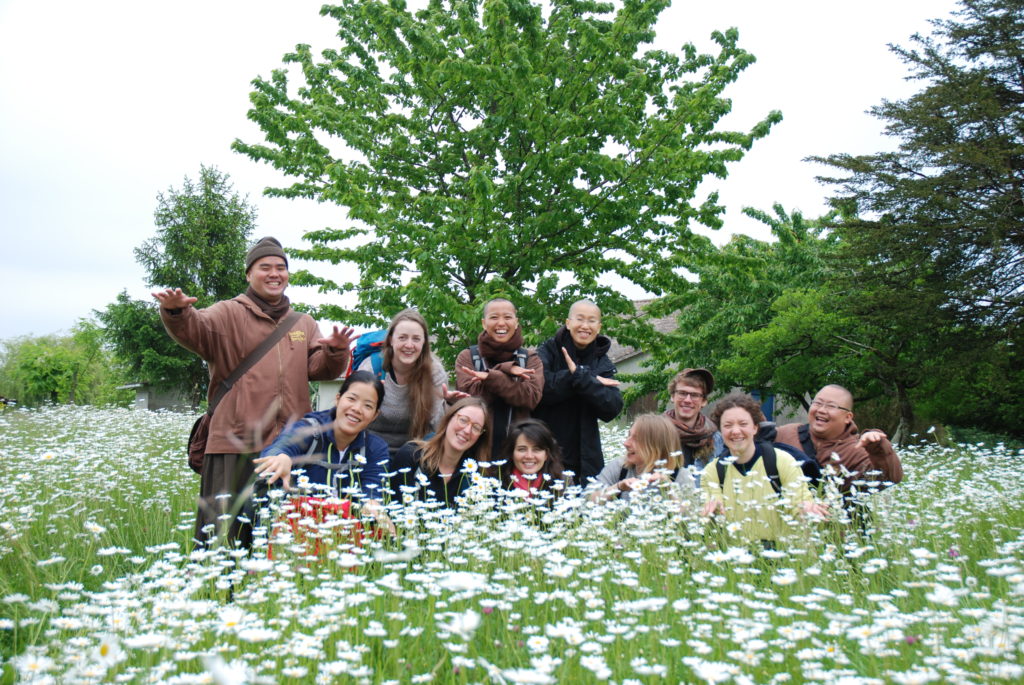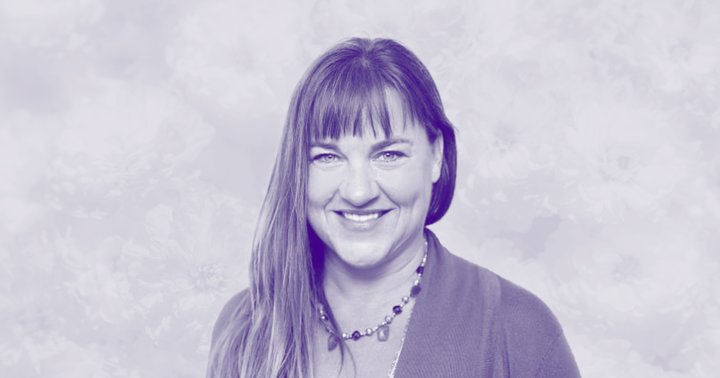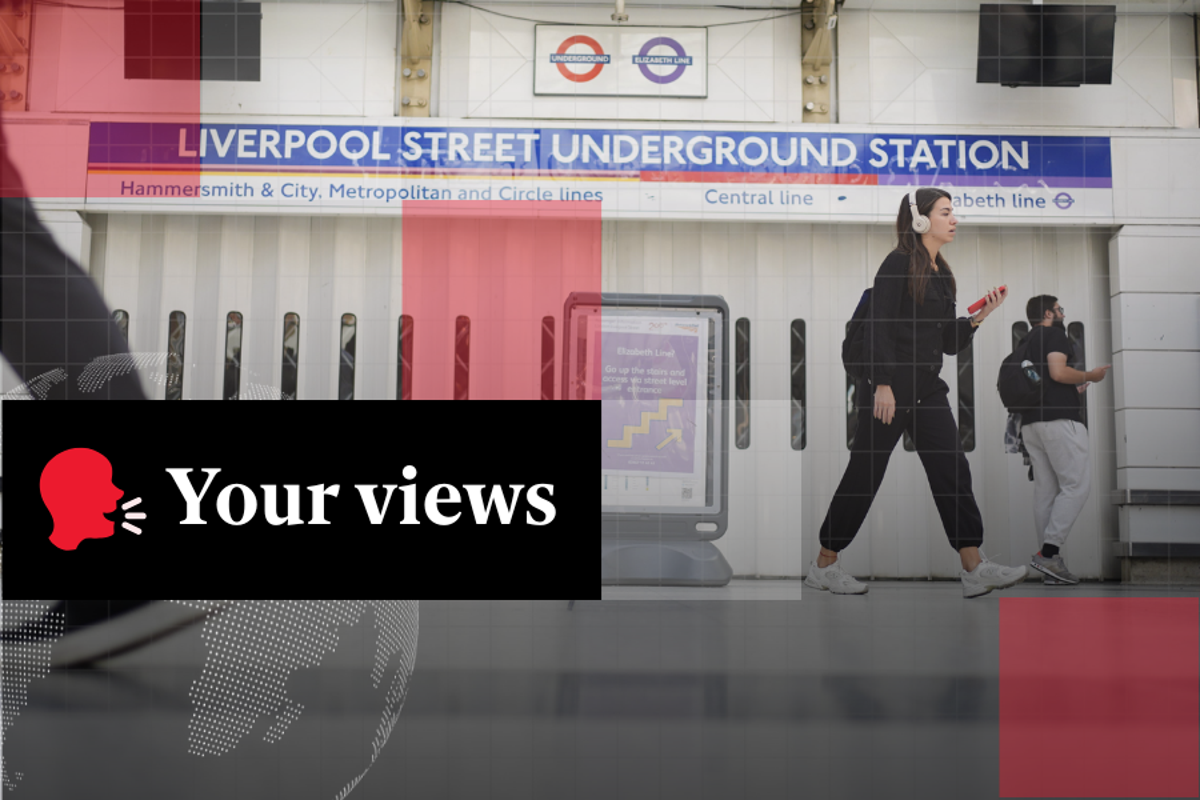Listen with Mindfulness
As an expression of our gratitude to Thich Nhat Hanh and a concrete way to continue his legacy, we offer extracts from the new book How to Listen.

As an expression of our gratitude to Thich Nhat Hanh and a concrete way to continue his legacy, we offer extracts from the new book How to Listen.
The Power of Listening
Listening deeply to another is a form of meditation. We follow our breathing and practice concentration and we learn things about the other person that we never knew before. When we practice deep listening, we can help the person we’re listening to remove the perceptions that are making them suffer. We can restore harmony in our partnerships, our friendships, our family, our community, our nation, and between nations. It is that powerful.
We Need to Train
We must listen to the other person so that they have a chance to express themselves. We try our best to listen, but after a few minutes we can no longer continue; their speech touches the pain, violence, and anger in us. At first, we vow that we will give the other person a chance, even if what they say is unjust or difficult to listen to. But because of the violence, fear, pain, and anger in ourselves, we cannot listen for more than five minutes; we want to react, shout back, or run away.
We have lost our capacity to listen with compassion, and we need to train so that we can listen again.
 Thich Nhat Hanh listening deeply to his students in Hong Kong, 2013.
Thich Nhat Hanh listening deeply to his students in Hong Kong, 2013.Listening to Ourselves
Before we can listen to another person well, we need to spend time listening to ourselves. Sometimes when we attempt to listen to someone else, we can’t hear what they are saying at all because our own strong emotions and thoughts are too loud in us, crying out for our attention. We should be able to sit with ourselves, come home to ourselves, and listen to what emotions are rising up, without judging or interrupting them. We can listen to whatever thoughts come up as well, and then let them pass without holding on to them. When we’ve spent some time listening to ourselves, we can listen to those around us.
Understanding Our Suffering
When we listen deeply to ourselves, we can understand ourselves, accept ourselves, love ourselves, and start to touch peace. Perhaps we have not yet accepted ourselves because we don’t understand who we are; we don’t know how to listen to our own suffering. So, we must first of all practice listening to our own suffering. We must be with it, feel it, and embrace it in order to understand it and allow it to gradually transform. Perhaps our own suffering carries within it the suffering of our father, our mother, the whole line of our ancestors, or a whole country. Listening to ourselves, we can understand our suffering—the suffering of our ancestors, our father, and our mother—and we feel a sense of release.
Coming Home with Mindfulness
When we stop the busyness of the mind and come back to ourselves, our suffering can seem very intense. This is because we are so used to ignoring it and distracting ourselves from the pain. With distractions, we may succeed in numbing ourselves for a little while, but the suffering inside wants our attention and it will fester and churn away until it gets it.
That’s why the first practice is to stop running, come home to our bodies, and recognize our feelings of suffering—our anger, our anxiety, our fear. Suffering is one energy. Mindfulness is another energy that we can call on to embrace the suffering. The function of mindfulness is first to recognize the suffering and then to embrace it.
The practice is not to fight or suppress the feeling, but rather to cradle it with tenderness. When a mother embraces her child—even if she doesn’t understand at first why the child is suffering—that energy of tenderness can already bring relief. If we can recognize and cradle the suffering while we breathe mindfully, there is relief already. Your suffering is trying to get your attention, to tell you something, and now you can take the opportunity to listen.
The book goes on to offer concrete practices to help us listen deeply and solve our most pressing issues.

 AbJimroe
AbJimroe 






























